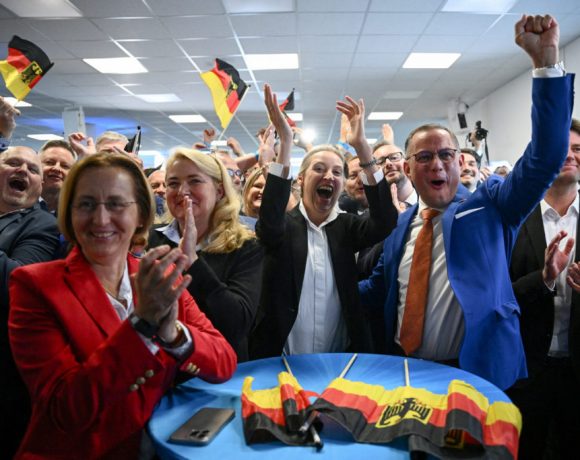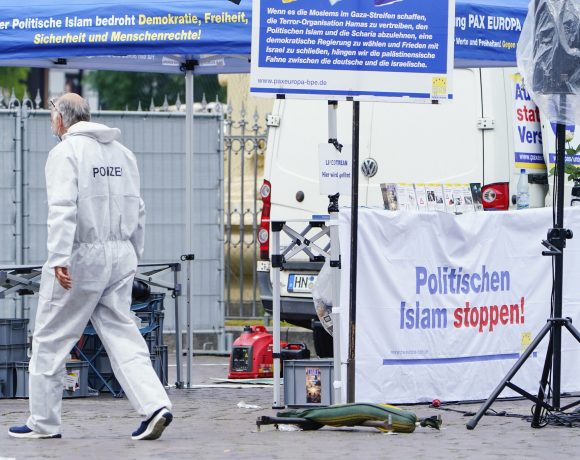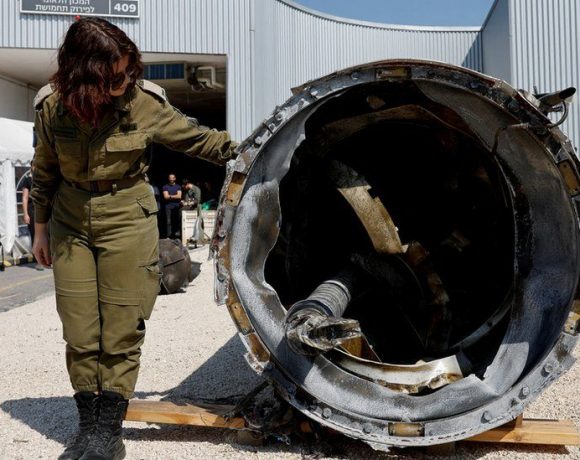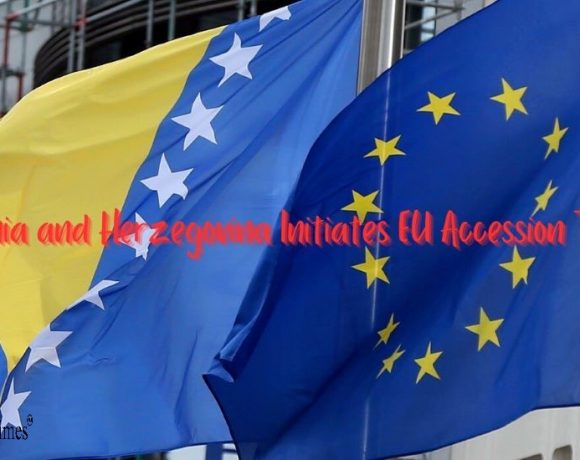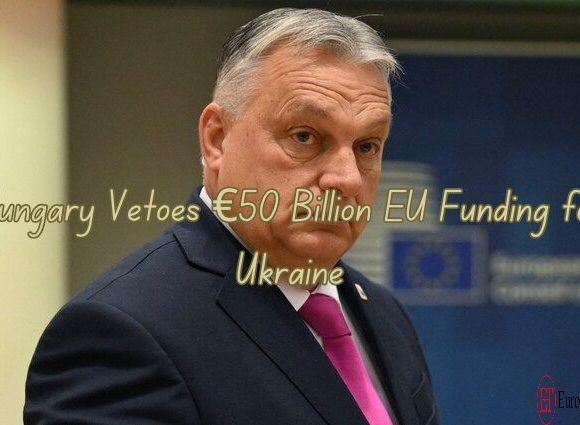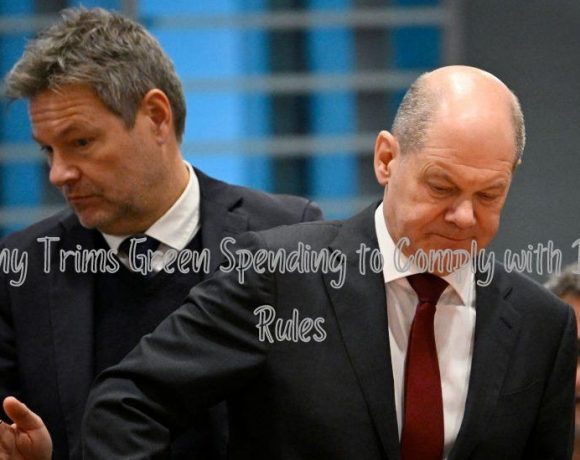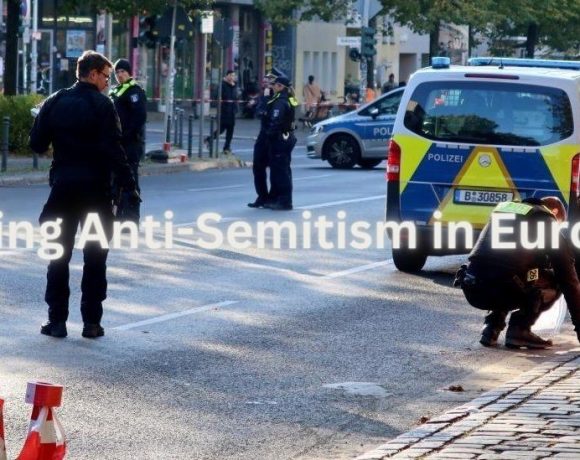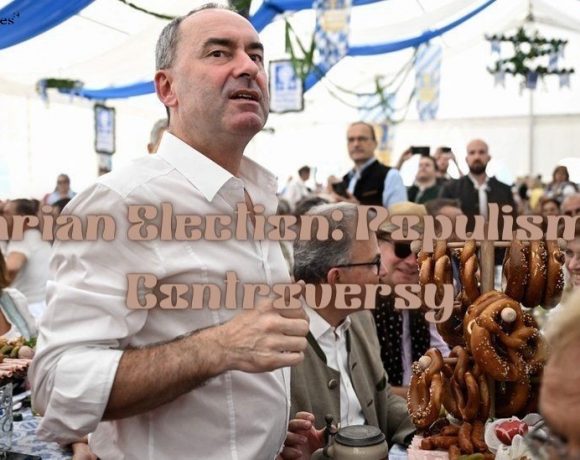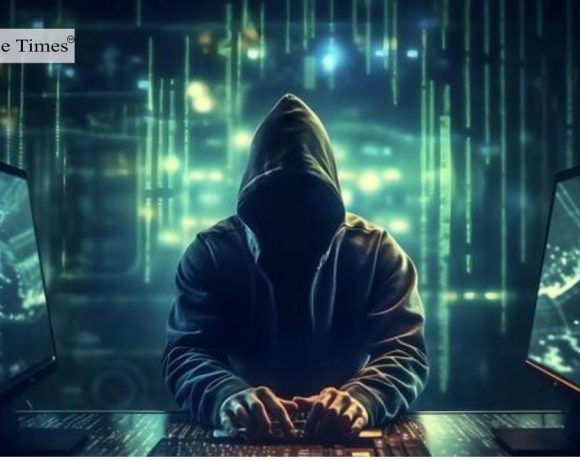
German authorities have arrested a Polish-German citizen accused of operating a dark web platform that called for the assassination of high-profile political figures. Prosecutors said the suspect — identified only as Martin S., in line with German privacy laws — offered cryptocurrency bounties for “successful hits” and shared personal details of individuals he had labelled with “death sentences.” Reports suggest former chancellors Angela Merkel and Olaf Scholz were among the alleged targets.
The suspect was detained in Dortmund late on Monday and faces charges related to serious crimes against the state. While officials have not disclosed his motives, they confirmed that his website, active since mid-2025, also provided information on making explosives. He was scheduled to appear before an investigative judge who will determine whether an arrest warrant will be issued.
The case comes amid rising concerns in Germany over escalating threats and attacks on politicians, fuelled by increasing political polarisation. A recent report by the federal cyber-security agency BSI warned that businesses and institutions are still not adequately protected, highlighting a 52% surge in cyberattacks — including DDoS operations, with Russia identified as a major source — around the national election earlier this year.
Pic Courtesy: google/ images are subject to copyright

